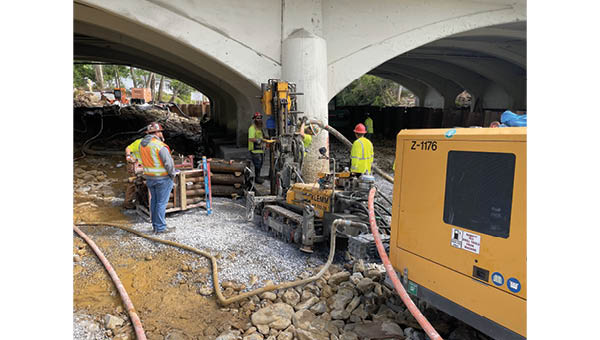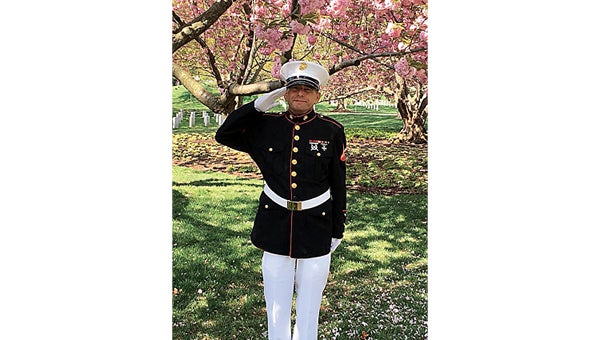EHS students are on the cutting edge on how we do high school in the future
Published 11:12 am Monday, September 19, 2016
Congratulations are in order for Elizabethton High School, which this week was awarded $200,000 for their Bartleby Super School Project submitted to XQ Super School Project. In addition to the monetary award to the school, each of the students involved in the project will receive a $1,000 scholarship.
Teachers involved in the project were Alex Campbell, Dustin Hensley and Daniel Proffitt. They are teachers who think “outside the box” and are teaching their students to do the same.
Known as the Super School Project, schools across the country submitted various ideas to help “rethink” the way high school is approached by teachers and students. Although Elizabethton High did not receive the grand prize, the $200,000 check and the recognition it received as a “Super School” was grand enough.
As a part of the project, students sought to address problems with the educational system, within the community, and ways to fix them. Also, a key tenet of the competition was to create a vision of high school that drew heavily on the wants and needs of students themselves.
These EHS students who participated in the project are not exceptional students. However, their thinking is exceptional. Their task was to rethink and redesign the next American high school. Their values are enduring, values that bind all of us — leadership, accountability, creativity, equality, success, and the simple promise that every child deserves an education that prepares them for life.
There was a time when a high school education was not important. Many of our parents and grandparents had only an eighth grade education, and that was all that was necessary at that time to make a living for their families. Many of them farmed or had factory jobs. But, that is no longer the case. A high school education is fundamental. And, in today’s changing world, where little factory work is available, a college education is vital.
Today’s high school students have grown up with the Internet, computers, cell phones and technology. They must be involved in school planning and have a true voice in their school culture and their own education path. Just as our work culture is changing, our high schools must prepare graduates with a deeper world readiness and the skills of knowing how to think in all sorts of dynamic ways.
Today, ready or not, nearly 70 percent of American high school graduates go on to college. As unprepared as many of them are, students are well-advised to go to college just the same. The time has passed when a high school diploma and a good work ethic were enough for a comfortable life. That’s not because life demands more highly educated workers, but in too many communities high schools are producing poorly educated workers.
It’s true there are students who can cannot make change when selling a hamburger or an order of french fries at McDonald’s. They must depend on the cash register to tell them how much change to give. There are students who cannot read, cannot sign their name, because they can’t do cursive writing.
High school needs to change. It’s a topic that is gaining steam throughout the nation. September 2015 saw the launch of a $50 million initiative to rethink high school, and last November, the White House announced a $350 million initiative in support of “next generation” high school.
The most important thing we can do to better prepare students is strengthen the connection between what they are learning in high school and their future careers. Yes, we must teach them the basics, but we must also offer students a wider variety of courses to prepare them for an individualized career path — whether that career requires an advanced degree or a welding certificate — high schools can help produce more employable graduates and more engaged students in the process.
While the traditional high school that we remember might be effective at conjuring feelings of warm nostalgia, it’s sorely lacking when it comes to its ultimate goal: preparing all students for success after they graduate.
The EHS students might be on to something. Their goal in the XQ American Project was collaboration to build a system that can better serve all of our students — and bring high school in the future instead of keeping it in the past. Our educators and local leaders would do well to listen. It would not be a bad idea to include a couple of these students on the school board.






